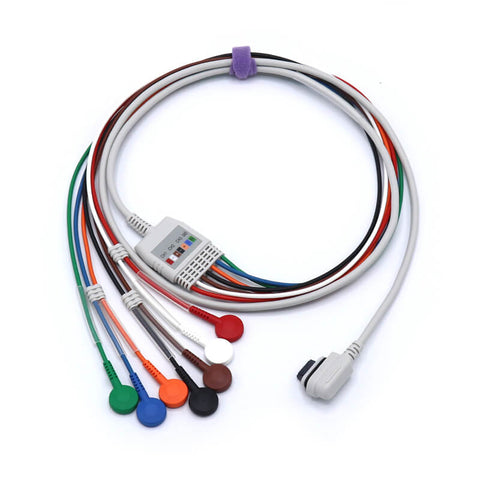EKG vs ECG: Are They the Same?
Is EKG the Same as ECG?
Yes, EKG (electrocardiogram) and ECG refer to the same test that monitors your heart’s electrical activity. The difference lies in the abbreviation: EKG is derived from the German word "elektrokardiogramm," while ECG comes from the English "electrocardiogram." Despite the difference in spelling, both terms describe a non-invasive, painless procedure where electrodes are placed on the skin to record the heart’s electrical signals and detect irregularities in its rhythm or function.
Why Two Terms?
-
German Origin: The abbreviation EKG comes from the German term “elektrokardiogramm.”
-
Global Usage: EKG is commonly used in the U.S., partly because "ECG" was often confused with "EEG" (electroencephalogram). In contrast, ECG is more widely used in Canada, Europe, and many other parts of the world.
-
Interchangeable: Both terms are used interchangeably by healthcare professionals and in medical research today.
What Does the Test Do?
-
Records Electrical Activity: An EKG/ECG creates a graphic record of the heart’s electrical impulses, providing crucial insights into heart function.
-
Detects Heart Conditions: It can identify issues like arrhythmias (irregular heart rhythms), signs of a previous heart attack, and other conditions affecting the heart’s strength and regularity.
-
Reveals Heart Function: The test can also provide information about the size and health of the heart’s chambers.


















